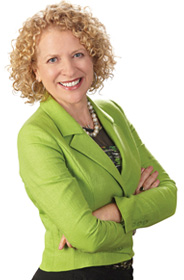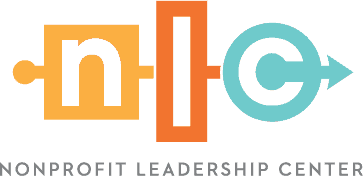The past few months have been extraordinarily difficult for our community and our nation. While nonprofit organizations continue to show up and step up to help solve our greatest challenges, nonprofit leaders are hurting just as so many Americans are right now. Some of you may be processing your anger, frustration and sadness. Some of you may be grappling with how to fix problems that seem overwhelming. Some of you may be wondering why your peers and colleagues aren’t saying or doing more.
At the Nonprofit Leadership Center, we find ourselves both outraged and optimistic. Those two sentiments may not seem to go together, but we believe one must fuel the other.
First, we are absolutely outraged by the racial hatred, injustice and violence we’ve witnessed from the murders of George Floyd, Breonna Taylor, Ahmaud Arbery and so many innocent men and women of color during the past weeks and decades. We stand with you and your families and with all the nonprofits and change-agents who are committed to enacting positive change in our communities.
And amidst this outrage, we still feel a sense of optimism. That’s because we see first-hand every day what’s possible when purposeful nonprofit leaders and passionate citizens come together to respond to our most pressing and painful issues. While our systems may be broken, we also have the power to fix them, together.
So, what do we do next? I encourage us all to listen, learn and speak up.
1. Listen
Listen to your colleagues, neighbors, friends and constituents. Ask them how they are doing and truly hear their perspectives and pain. If you are struggling to talk with your team or others about what is happening right now, I’ve found the tools and resources from the Council of Nonprofits on why diversity, equity and inclusion matter to nonprofits helpful, as well as Mandela SH Dixon’s article on talking about race with her white supervisor.
2. Learn
Learn from others by convening and connecting with leaders, community members and peers to strategize, organize and mobilize appropriate action. Take courses on topics that may feel out of your comfort zone and seek information on how to make personal and organizational changes that reflect the future we need to build. Community Tampa Bay and the Foundation for a Healthy St. Petersburg both offer important resources to break cycles of inequity and cultivate inclusive leaders. As one of my favorite quotes reminds us: Change is the end result of all true learning (Leo Buscaglia).
3. Speak up
Good intentions are not the same as actions. Don’t stay silent on issues that are important. It’s hard to be wrong when you do what is right.
We don’t have all the answers today, and we certainly don’t yet have all the solutions. But I am confident that if we listen, learn and speak up together, we can turn our outrage into optimism and make the positive change we desperately need a reality.

Emily H. Benham, FAHP, CFRE, is the CEO of the Nonprofit Leadership Center.
For the latest information, news and professional development opportunities for nonprofit leaders, sign up to receive the Nonprofit Leadership Center’s weekly email.




